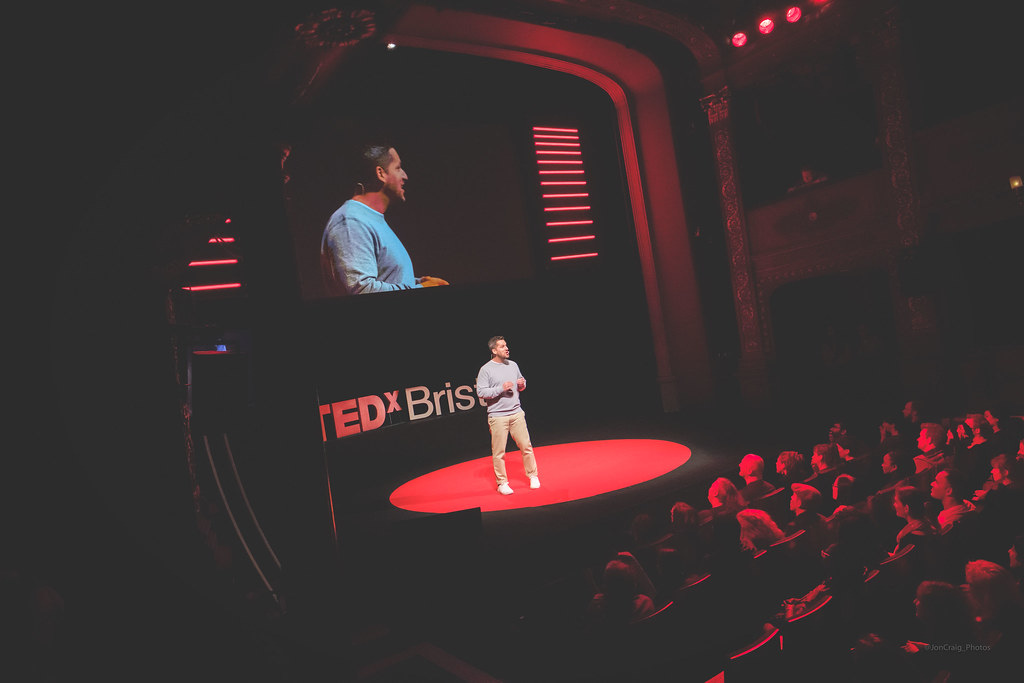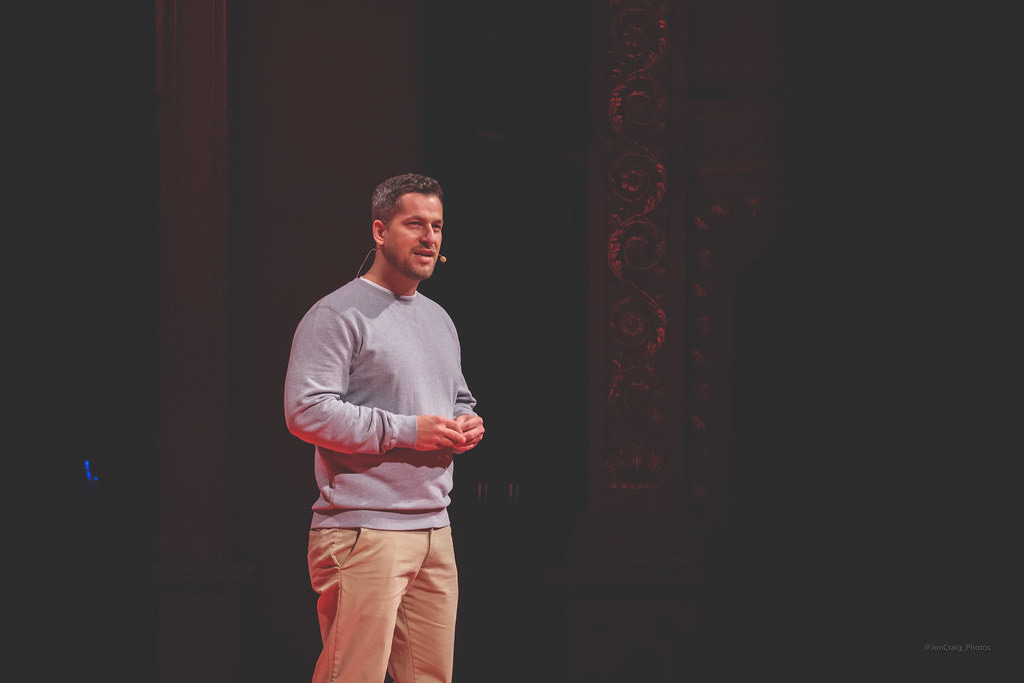“What is missing is not social media bans. It’s safeguards.” Interview with Drew Benvie
Guest interview with Drew Benvie, founder of social media safety non-profit Raise
Adele: What’s your journey in the world of social media been like?
Drew: My journey through the world of social media started a long time ago. I was one of the early bloggers, back in the late 1990s. During the day I was working as a junior PR executive, and evenings and weekends I was blogging about work. This was well before there was any kind of a social media industry, and I stumbled into it but could immediately see that it was going to change everything.
In 2006, the term ‘social media’ began to emerge as a new way to describe this set of websites and apps that were springing up. Facebook and Twitter were new, so I started blogging about them too. I launched a blog called The Social Media Report to cover developments in this emerging field, and I decided that there needed to be a Wikipedia page to describe social media too. So I wrote the first Wikipedia page for ‘social media’, and the rest is history.
Adele: You gave a Ted Talk back in 2020 called How Do We Reboot Social Media? This only feels more needed now. What inspired your Ted Talk and what are the solutions you propose?
Drew: I was watching TED Talks back in 2019, and it inspired me to pitch myself to the organisers to do one myself. I pitched the idea of talking about the evolution of social media - where it came from, what it’s like today and where it’s going. But the process after I applied was so much tougher than what I expected, and took me down an unexpected rabbit hole too.
In one of my rehearsals, the curator for the TED event told me that I was being too positive, and that it would be more interesting to reflect on the dark side of social media as well as the light. I hadn’t actually planned to talk about the harmful side of social media at the time, but it was a topic that I was actually already very familiar with. So I changed my pitch, it worked, and they gave me my TED talk.
Adele: What is Raise and why did you start it?
Drew: It was shortly after my TED talk that a TV producer got in touch out of the blue, to ask if I had a public-facing campaign for the research work I was doing on social media safety. They said that if I did, then they could get me on the sofa on a Sunday morning chat show. It felt like the right moment to pull together everything that I had been working on in this space, and Raise was born. I launched it on national TV in 2023, and from then I started getting invited into very different kinds of organisations, to do education work off the back of the research and campaigning that I was already involved with.
I have since delivered workshops in prisons, I’ve worked with school children, parents and teachers, and then, more recently after the Netflix series Adolescence aired, interest in Raise really took off. I now work with a group of Raise volunteers all over the world who are helping with the research, education, campaigning and reform work. Our aim is to positively impact the influence social media has on society.
Adele: As a parent and social media researcher, what is your perspective on social media bans?
Drew: I believe that fundamentally, social media bans will have the opposite effect to what is intended. Banning under-16s from social media for example, which is something that will be taking place in Australia later this year, will be counter productive for two reasons.
Firstly, children are well-used to bypassing age restrictions online. Secondly, they will spend whatever time they are being limited from spending on social media somewhere else, and it will likely be dark social, private messaging apps, or something new. Such places have fewer safety measures, not more. So unless regulators think children will go back to pen and paper, social media bans are one of the most ill-informed policy decisions of the modern age.
Adele: What do you envision as the future of social media?
Drew: Social media imitates life, and it will only ever be as safe as everyday life. The principles we adopt in life should be adopted on social media too, because it has been around for 19 years now so it’s pretty safe to say we are going forward not back.
Just as we have with crossing the road, drinking, eating, exercise and pretty much everything, we need education, guidance, protection and moderation in order to stay healthy and stay safe. Same goes for social media.
What is missing is not social media bans. It’s safeguards. Harmful content has no place on social media, neither does abusive behaviour. Yes both proliferate, and this just should not be the case. I envision a future where the answer to making social media safer for everyone is a combination of better informed regulation, improved safety measures at every social network, and better education for children, their guardians and their educators.
Drew Benvie is the CEO of communications agency Battenhall and founder of social media safety non-profit Raise.


